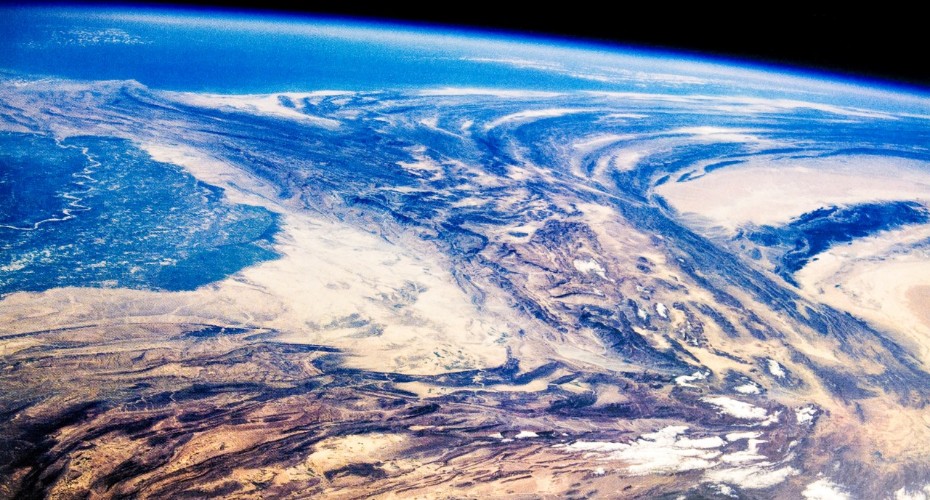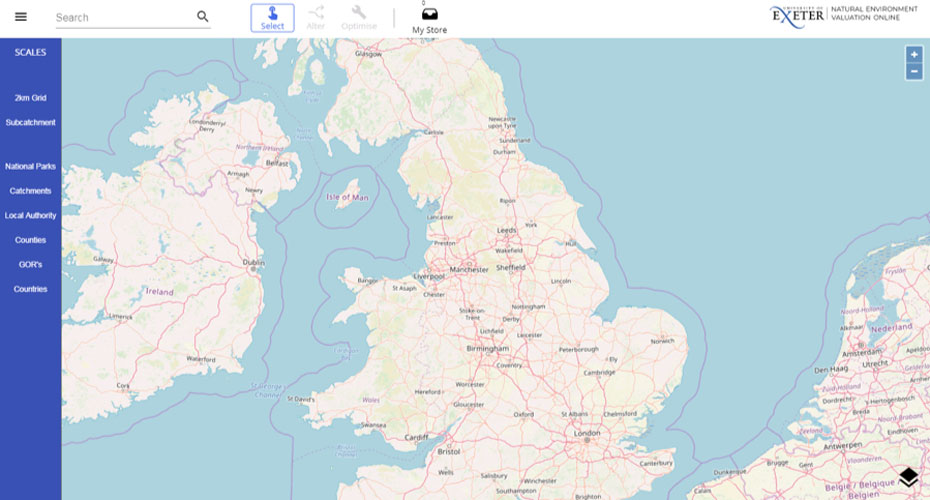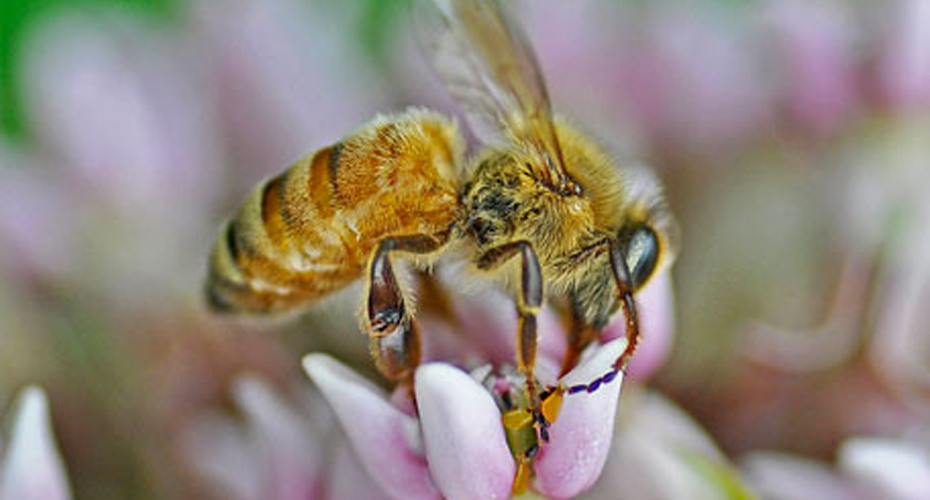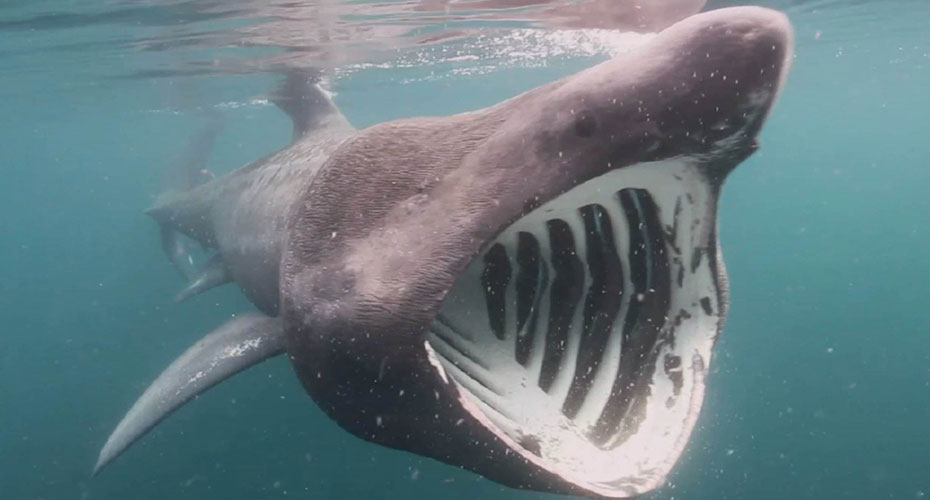Research impact in Environmental Intelligence
Research impact
Research impact
Research impact
Research impact
Earth and climate science
Modelling the climate system to address the challenges of climate change and understanding the Earth as a whole system, including the atmosphere, ocean, land and ice sheets.

An international team modelling air quality led by Professor Gavin Shaddick and the World Health Organisation has produced new estimates of global air quality.
Find out more >>

Researchers at the University of Exeter have made several key contributions to the formulation and development of ENDGame, the operational dynamical core of the Met Office weather and climate prediction model.
Read more >>

Research into climate tipping points led by Professor Tim Lenton has altered the framework for climate change discussion, informed government debate and influenced policy.
Read more >>
Areas of the planet home to one-third of humans will become as hot as the hottest parts of the Sahara within 50 years, unless greenhouse gas emissions fall. Study co-author Professor Tim Lenton, climate specialist and Director of the Global Systems Institute OLD Oct23 has warned that each degree warming above present levels corresponds to roughly one billion people falling outside of the climate niche.
Find out more >>

The NEVO Tool is a web application that helps you explore, quantify and make predictions about the benefits derived from existing and altered land use across England and Wales. The tool is freely available to all users and has been developed by the Land, Environment, Economics and Policy (LEEP) Institute at the University of Exeter with support from DEFRA and NERC.
Discover more >>

CADDIES is an open-source framework which uses Cellular Automata (CA) techniques and modern hardware with parallel processing capabilities for fast dual-drainage flood modelling.
Learn more >>
Adaptation to climate change
Understanding the impacts of climate change and informing possible pathways to a sustainable future through mitigation, adaptation and geoengineering.

In the face of climate change many small islands states have chosen to reintroduce previously unpopular resettlement and migration policies says James Dyke, Senior Lecturer at the Global Systems Institute.
Read more >>

Research in stochastic modelling of storm risks led by Professor David Stephenson has improved the understanding and pricing of insurance risk due to European windstorms and tropical cyclones.
Read more >>
Worldwide, half a billion people live in river deltas and are increasingly at risk from extreme weather and the consequences of climate change. Professor Katrina Brown's research looks at building resilient communities from flooding and damage to infrastructure.
Environment and human health
Connecting human health with the environment in the face of a changing world. Using connections between meteorological, environmental and epidemiological data to identify the environmental impacts on health and developing solutions to the challenges associated with environmental and climatic change.

Research into social sensing by Dr Hywel Williams uses high-volume social media data to detect and locate real-world events connected to pollen, air pollution, asthma and hayfever.
Read more >>

The The Medical and Environmental Data Mash-up Infrastructure project (MEDMI) aims to connect diverse databases to improve our understanding of the links between climate, environment, and human health.
Learn more >>
A pan-European research initiative funded by the Horizon 2020 programme investigating the links between environment, climate and health and how water can affect health promotion and diseases.
Find out more >>
Biodiversity and ecosystem health
Responding to human impact on the Earth’s ecosystems and understanding the critical balance between humanity and nature.

The BEE-STEWARD project aims to understand the decline of key pollinators, and trying to predict their distribution and survival in agricultural landscapes.
Read more >>

The Ecolight project has developed methods for detecting changes in light pollution in urban areas to simulate how street lighting may restrict the movements of nocturnal animals.
Find out more >>

A team of University of Exeter researchers in partnership with Scottish Natural Heritage are tracking the movements of basking sharks to help conserve their populations and maintain healthy marine ecosystems.
Read more >>




